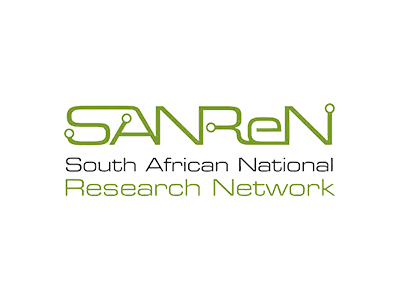
The genomics revolution in Africa is well underway
African scientists have begun to study genomic influences on disease across their continent, from differences in the progression of HIV in children, to developing new sequencing methods for the Ebola virus, to collecting more than 35,000 nasal swabs from children to show how concentrations of nose and throat microorganisms may play a role in pneumonia.
The Human Heredity and Health in Africa (H3Africa) Initiative supports much of this research. It was launched to facilitate the study of genomics and environmental determinants of common diseases with the goal of improving the health of African populations.
32 research groups
An important part of H3Africa is the Pan African bioinformatics network H3ABioNet, comprising 32 Bioinformatics research groups distributed throughout 15 African countries and 2 American partner institutions. The network aims at developing a bioinformatics capacity across the continent, connecting various researchers and students over vast distances through web based conferencing.
Video conferencing
H3ABioNet is both engaging in education and training and in developing bioinformatics and genomics tools for research. Members of the network are spread all over Africa, from Tunisia in the north to South Africa, and from Morocco in the west to Sudan in the east.
Accordingly, the network uses video conferencing extensively to bring members together on a regular basis. As an example, H3ABioNet recently held two video seminars focusing on Big Data.
Two distinguished scientist working in the Big Data arena presented talks focused on the current challenges, strategies and ongoing infrastructure and initiatives to deal with big data and genomics.
Mconf
The web conferencing tool used is the recently launched Mconf, built with the research and innovation community in mind. With it, researchers and innovation teams can collaborate seamlessly over vast distances.
It uses Web Real-Time Communication (WebRTC), the latest technology in this area. Mconf is a brainchild of the University of Rio Grande do Sul, Brazil who also bank rolled its development.
SANReN – the team responsible for building and rolling out South Africa’s National Education and Research Network– has been tasked with extending the service to local researchers and innovators through its network.
Since launched in 2013, the H3ABioNet network has held numerous workshops, trained about 456 people and placed 25 fellows in one- to two-month internships, besides driving the research and development of bioinformatics and genomics tools, standardised workflows and pipelines for H3Africa research projects.
Empowering research
Web conferencing is a vital part of the infrastructure needed to build a Pan African bioinformatics capacity to manage, store, process and interpret the H3Africa research data. Historically, researchers in Africa have sent their samples overseas and got somebody else to analyse the data. The H3ABioNet network wants to switch that mentality and empower the African scientists to do their own research, do the data interpretation and do the analysis.
For more information please contact our contributor(s):

